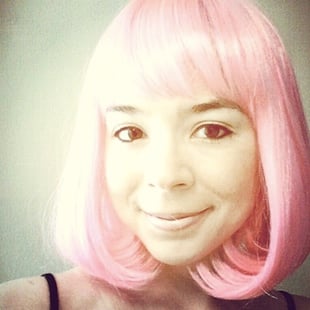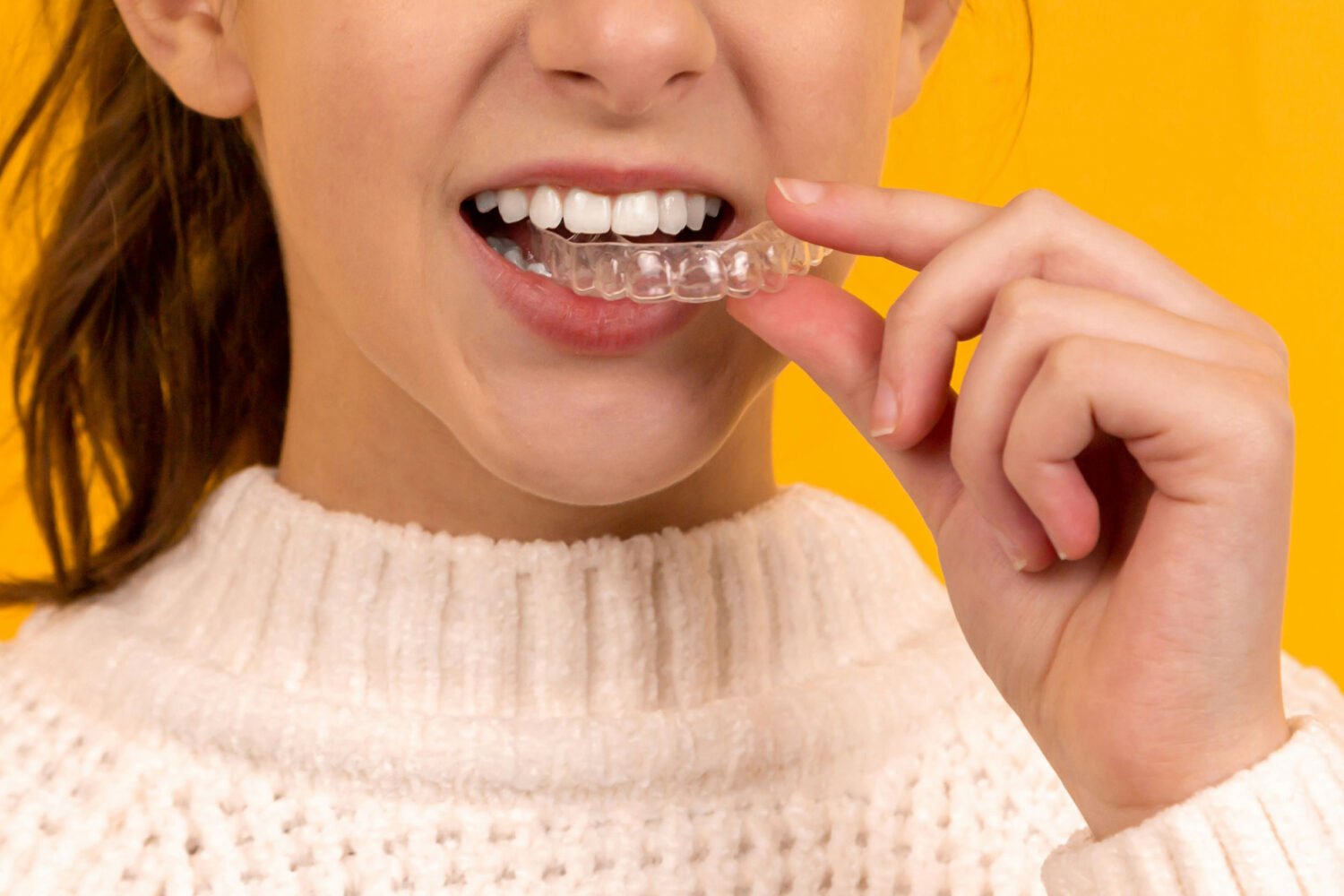
Abby Ramirez remembers the hallway feeling a lot longer than usual.
“I know you probably don’t want to be going back to my office,” her doctor said as they walked down the hall. No, that’s usually not a good sign, Ramirez thought. After all, finding the golf-ball-size lump in her right breast was bad enough.
Her legs “turned to mush” once they reached the office. As the doctor told her she had breast cancer, Ramirez, just 28 at the time, sobbed as her mom sat beside her, hyperventilating.
“One minute prior, my life was just as I wanted it,” Ramirez said. “I had finished law school, passed the bar, and was in a master’s program at NYU. It was the perfect life.”
Ramirez was diagnosed with stage 3 breast cancer, making her one of the youngest patients her doctor had seen in his 20-year career. She joined the more than 70,000 young adults ages 15 to 40 who are diagnosed with cancer in the US every year. It’s currently the leading disease killer among 20 to 39 year olds, according to the Ulman Cancer Fund.
Ramirez felt like she had been “hit by a truck” for the next several weeks. She couldn’t sleep, and by the time she finally felt “healthy” and mentally prepared enough to undergo a bilateral mastectomy last October, the cancer had spread to her lymph nodes.
After that, she only felt worse. On the first Tuesday after Thanksgiving, she began chemotherapy treatments. “I lost my beautiful, long brown hair—my favorite part about my body,” she says.
Ramirez also went through menopause, as a result of receiving the Lupron shot, which guards a woman’s ovaries from chemotherapy and is typically used when there’s not enough time to harvest eggs. “I went into menopause and was having hot flashes. I’d be pouring sweat at dinner with my friends, wearing a wig,” she says.
Ramirez’s mom was a wreck, too. “She was a walking zombie,” Ramirez recalls, adding that her mom lost 20 pounds during Ramirez’s treatment from worry and stress.
Fortunately, her dad had the opposite reaction. “He kept everyone positive. It was a blessing to have him balance my mom and keep us smiling.”
The support from her sister and her hometown also got her through the seven weeks of chemo. “People just kind of rallied around me,” Ramirez said. “Our house was a botanical garden—there were flowers everywhere.”
Ramirez finished her treatment in July and is now cancer-free and working as an advocacy fellow for the Ulman Cancer Fund, a Baltimore-based organization that helps young adults with cancer and survivors. This month she’s celebrating her one-year mark since getting diagnosed, but she says not a day goes by that she doesn’t cry in relief.
Surviving cancer is hard for anyone, but young adult patients who are single or still in school are in a particularly tough situation, Ramirez says. In the end, she became her own biggest supporter.
“You have to be mentally strong to get through something like this, and I didn’t realize how strong I was,” she says. “I was my own cheerleader every morning. I’ve learned that you need to be active to protect your health. Now, I’m being my own advocate.”
Abby Ramirez wrote about her journey with breast cancer at her blog Upper Trunk.
















